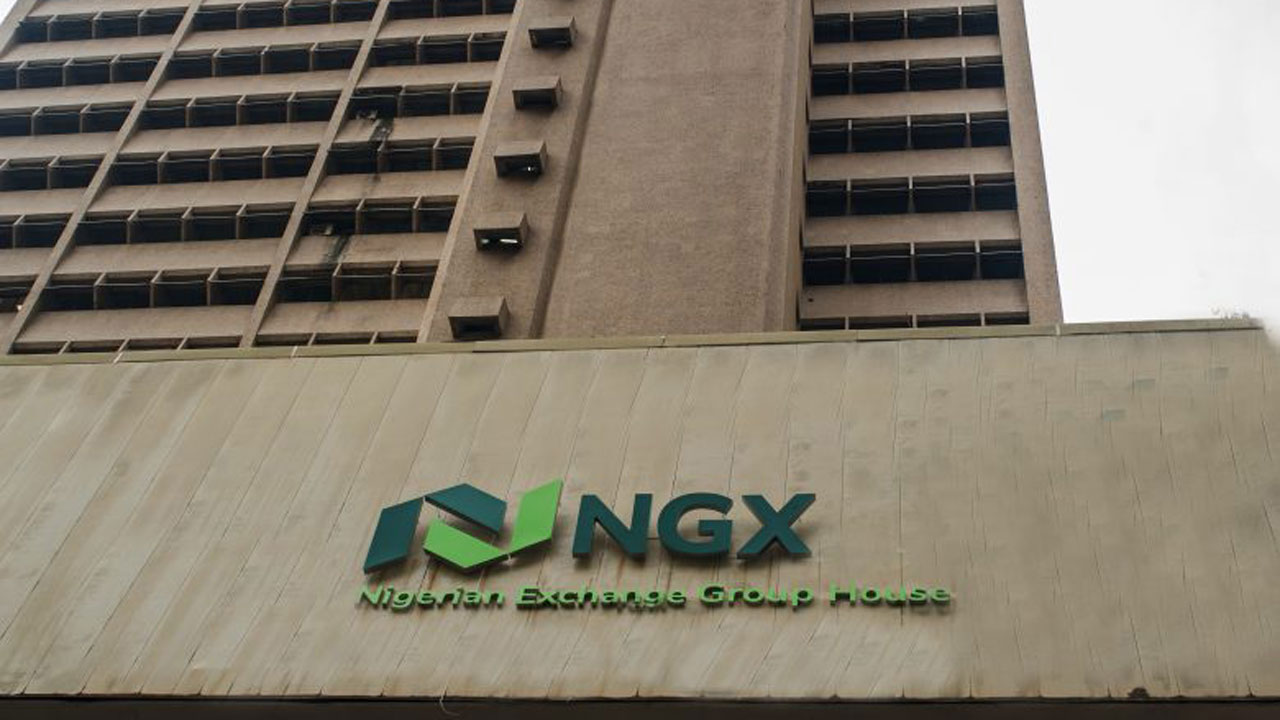About 30,000 of the 200,000 bureaux de change, BDC, workers would lose their jobs within the first quarter of 2016.
President of the Association of Bureau De Change Operators of Nigeria, ABCON, Aminu Gwadabe, who disclosed this on Monday, February 1, said the planned downsizing followed the continued loss of business by operators after the Central Bank of Nigeria’s (CBN) stoppage of weekly dollar sales to body.
The ABCON boss listed those to be affected as directors, auditors, operations managers and compliance officers, as well as chief executives.
The CBN Governor, Godwin Emefiele had announced a new foreign exchange policy which included the stoppage of weekly dollar sales to BDCs. He ordered the apex bank to henceforth discontinue sales of foreign exchange to BDCs.
“Operators in this segment of the market would now need to source their foreign exchange from autonomous sources. They must however, note that the CBN would deploy more resources to monitoring these sources to ensure that no operator is in violation of our anti-money laundering laws,” Emefiele said.
Speaking on the development, Gwadabe said: “As law abiding citizens and partners in progress with the CBN, we respect the decision of the apex bank as the regulator of the banking industry and foreign exchange market where we operate. While we are not totally surprised by the decision, we, however, believe there are better ways of addressing the challenges in the foreign exchange market.”
He lamented that the BDCs were always blamed whenever there was naira volatility. “Suffice to mention that before the CBN started selling dollars to BDCs in 2006, there were about 270 BDCs in the country.
Despite the harsh operating environment, these operators were able to survive by servicing their clients. Secondly, the BDC industry was created by the CBN to fill a critical gap in the retail segment of the foreign exchange market. Furthermore, the decision to sell dollars to BDCs was in recognition of the role of BDCs to counter the effect of the illegal currency traffickers and the continued depreciation of the naira in the parallel market,” he said.











